Films about the journalism profession that can be counted on the fingers
Journalism is a “gold mine” of cinema: it has dramatic elements, social depth, conflicts and very real inner struggles. From an investigative report to a social critique, from journalists facing danger, to the pressure between their profession and personal ethics, all are “valuable” materials.
In developed cinemas such as the US, South Korea, Japan or France, journalism is brought to the screen as a symbol of social criticism and the voice of justice. Films such as Spotlight (US), The Post (US), Kill the Messenger, or Argon (South Korea) have all created a buzz because of their engaging content and straightforward perspective on journalism.
In Vietnam, the number of films about journalism can be counted on the fingers of one hand. Most of them are old TV series, and in cinema, there is almost no one. In 2006, the 20-episode film "Journalism" by director Phi Tien Son caused a stir in public opinion. The characters in the film include those who practice their profession honestly, but there are also cases where they lose themselves because of the temptation of money. The film also directly exploits many dark corners related to corruption, bribery, and the dangers that journalists may encounter during their work.
The 12-episode film “Yellow Light”, based on the novel of the same name by Tran Chien, touches on pressing issues of life viewed from a journalistic perspective such as education and land corruption. In 2007, director Quoc Trong made the film “Probationary Reporter”, telling the story of new reporters, details about love and ideals of young people. “Human Skin Mask” (2012) is an uncompromising battle between truth and falsehood, good and evil within each person. With a sharp and engaging script by Nguyen Xuan Truong, director Mai Hong Phong told the story of journalism, a profession completely different from what people often imagine, always facing dangers and pressures.
It cannot be denied that some Vietnamese TV series have featured journalist characters, but most of them only appeared as supporting roles, or were even constructed quite stereotypically, either as upright journalists to the point of idealization, or as “emotional” characters with little professional depth. Familiar scenes such as: journalists typing on computers, holding tape recorders, or “rolling around” at the scene in an unrealistic way, or holding notebooks in their hands, many films even exaggerated when journalists replaced the police in investigating and solving crimes… making the audience feel distant. Lack of authenticity and lack of professional drama makes these films not attractive enough for the audience.
Need a "push" from journalists and the press industry
Although journalists are considered “loyal secretaries of the times”, always at the forefront of information, this image is not clearly portrayed in Vietnamese films. Why is journalism, a profession that has both investigative and humanistic elements, struggles and dedication, rarely included in Vietnamese films?
According to some directors and screenwriters, the main reason why filmmakers are reluctant to make films about journalism is because this topic is "sensitive" and easily touched upon. Because journalism is always associated with negative reflections of society, thorny truths, and the fight against negativity - this makes producers worry about having to edit the script too much. In addition, to build a film script about journalism, the writer must have a very good understanding of the profession, have life experience and practical experience. It is impossible to build a journalist through a few phone calls and typing on the keyboard. Meanwhile, many young screenwriters and directors today have few opportunities to have in-depth contact with journalism, so they lack genuine feelings. This leads to hesitation when approaching the topic.
Another reason is that Vietnamese audiences' tastes are currently leaning towards easy-to-watch entertainment topics: love, family, action... Investigative and socially critical films like those about journalism are considered "hard to swallow" and not easy to attract mass audiences.
If journalists are storytellers for society, then cinema is the means to tell those stories in a more emotional and vivid way. I think, if the Vietnam Journalists Association had campaigns, cinema creation camps on the topic of journalism, or organized contests for writing film scripts about journalism, this would be an opportunity to "pull" cinema closer to this professional life.
For their part, journalists from press agencies, journalists’ associations, to individual reporters and editors proactively connect with filmmakers to tell meaningful professional stories that they live every day. Journalists not only investigate corruption and tell the truth, but also provide disaster relief, accompany the disadvantaged, and tell kind stories. These topics can absolutely be made into films with a positive, humane, and emotionally moving perspective.
Source: https://baophapluat.vn/nghe-bao-trong-dien-anh-mo-vang-con-bo-ngo-post552460.html


![[Photo] Da Nang: Hundreds of people join hands to clean up a vital tourist route after storm No. 13](https://vphoto.vietnam.vn/thumb/1200x675/vietnam/resource/IMAGE/2025/11/07/1762491638903_image-3-1353-jpg.webp)









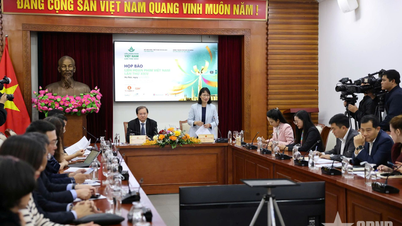





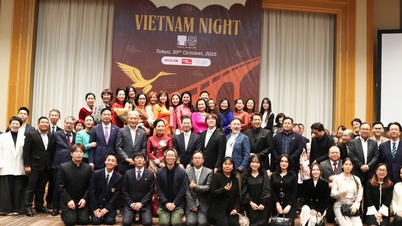












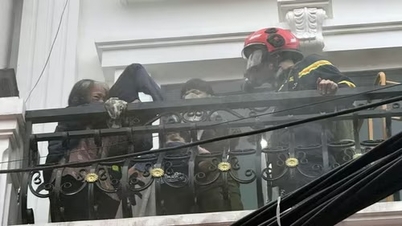
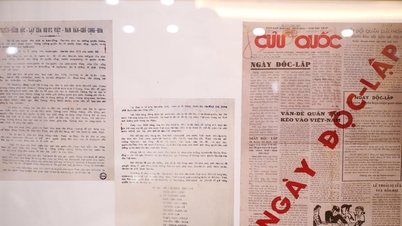


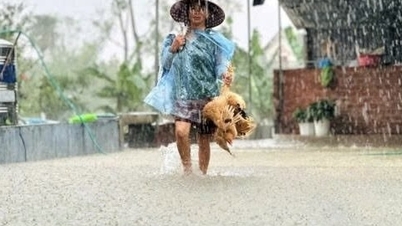
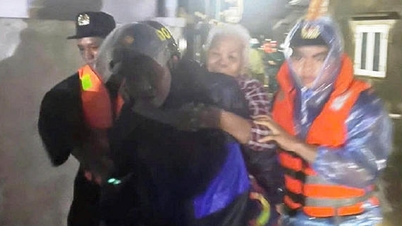




































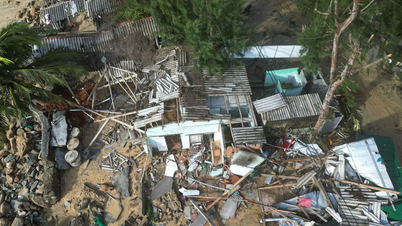















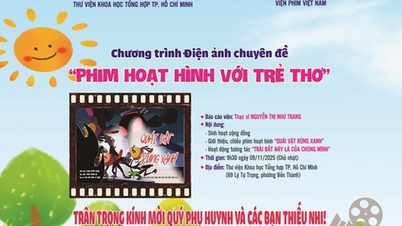





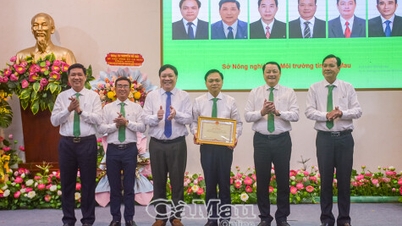
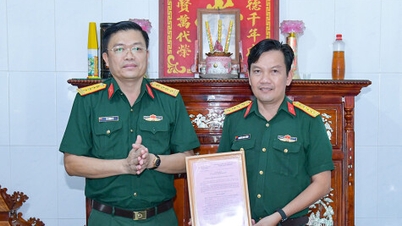
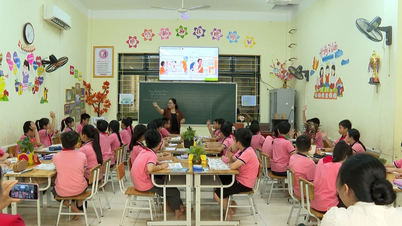













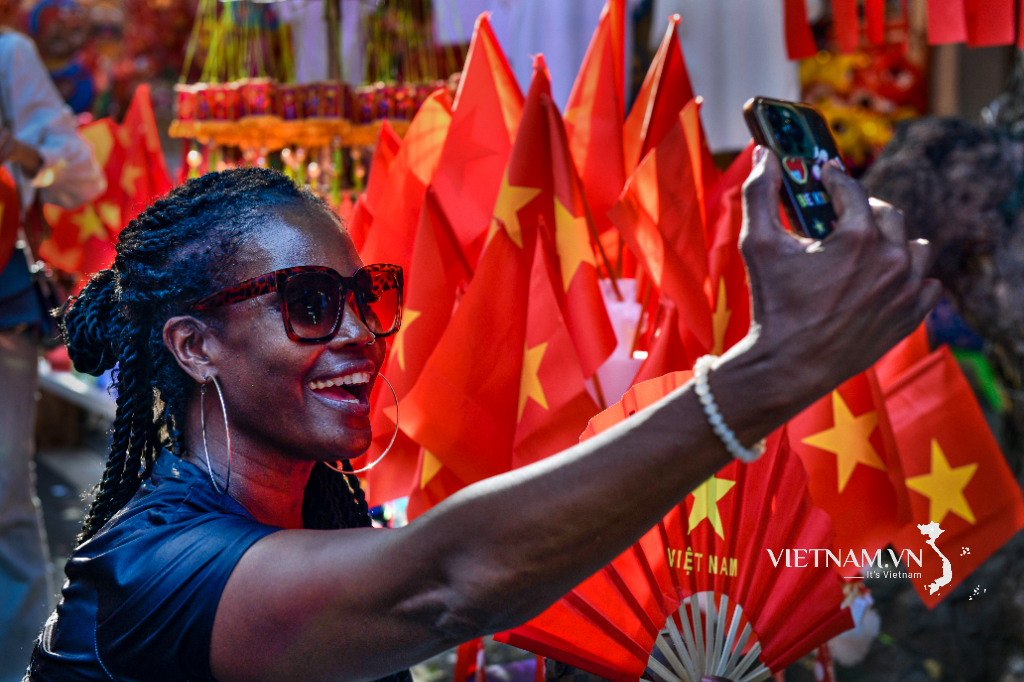



Comment (0)